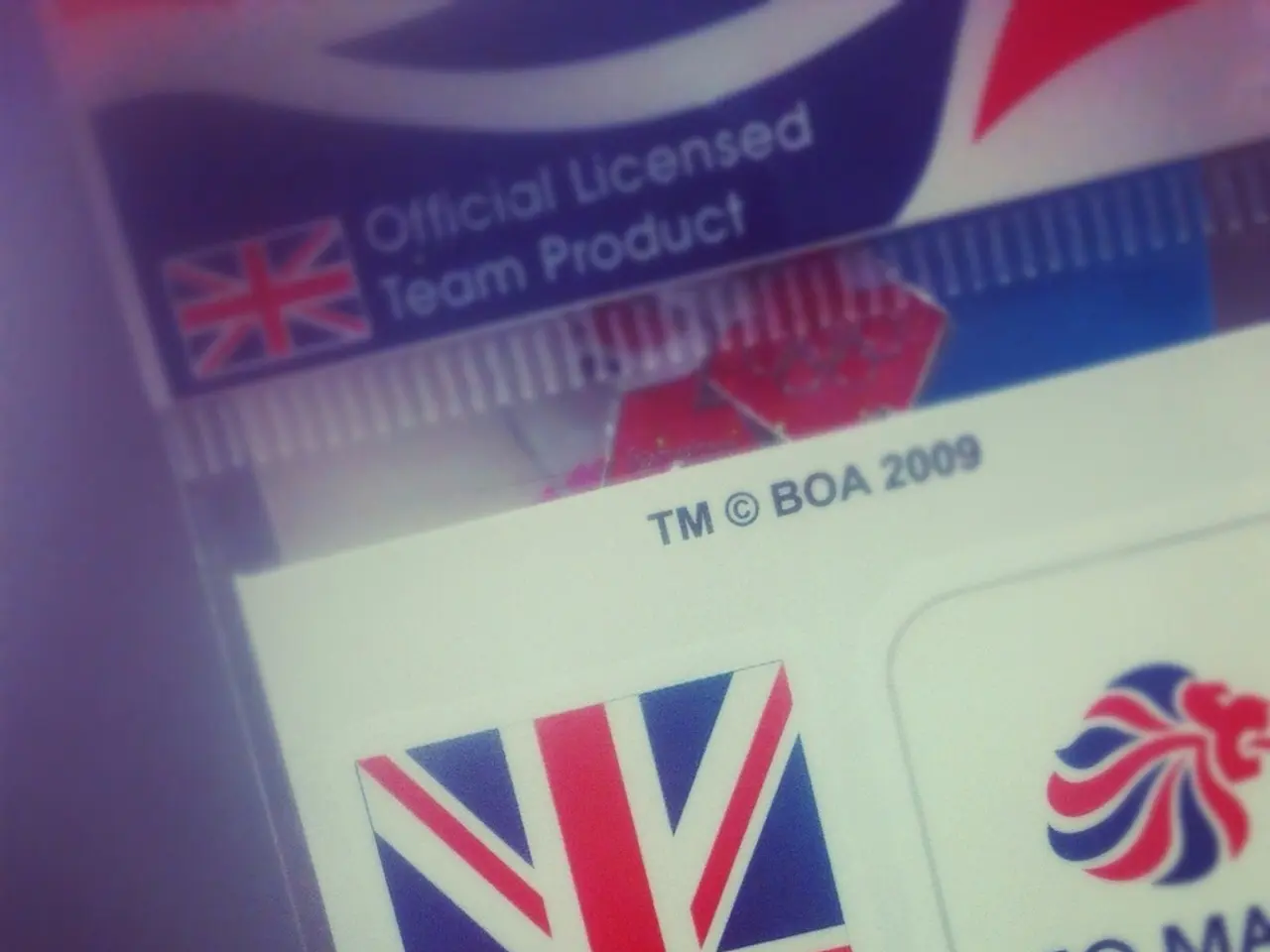Curacao's Gaming Regulator Comes Under License Review
In the midst of a regulatory overhaul of the online gambling sector on the island of Curaçao, the Curaçao Gaming Control Board (CGA, now known as the Curaçao Gaming Authority since December 2024) has faced corruption allegations. The timeline and current status of investigations are as follows:
Background and Investigation Launch: In 2025, Curaçao authorities, including the Public Prosecutor’s Office (PPO) of Curaçao, Sint Maarten, and the Caribbean Netherlands, initiated investigations into online casinos operating under Curaçao licenses due to failures in mandatory identity verification processes. This investigation, codenamed "Nebraska," was triggered by media reports and criminal complaints filed by groups concerned with victims of online gaming abuses.
Findings and Settlements: The investigation found that multiple operators failed to properly verify player identities, violating Know Your Customer (KYC) regulations designed to prevent fraud, money laundering, and illegal access by minors. As a result, 12 online casinos were targeted for enforcement. Eleven of these entities agreed to out-of-court settlements involving fines totaling approximately $150,840 (XCG 360,000 spread across casinos), though fines and agreements varied, and one operator did not comply and thus faces ongoing prosecution.
Allegations of Corruption: Parallel to this regulatory enforcement, a licensing scandal was unfolding on the island, involving allegations of corruption and issuance of gaming licenses without proper legal basis. This catalyzed comprehensive regulatory reform starting in late 2024, replacing the previous master license and sublicense system with a new dual-licensing framework under the CGA. Allegations included that licenses were granted without sufficient oversight, implying potential corruption within the prior regulatory framework led by the Gaming Control Board.
Regulatory Reform as Response: In response to these issues, Curaçao enacted the National Ordinance on Games of Chance (LOK) in December 2024, centralizing licensing and oversight to the CGA (which replaced the former Gaming Control Board) to enforce more rigorous compliance measures such as financial and integrity checks, stricter Anti-Money Laundering (AML) protocols, responsible gaming enforcement, and a revamped licensing fee structure.
Current Status of Corruption Investigation: While definitive details on ongoing corruption probes into past regulatory mismanagement are limited, the transition to the new CGA and the active prosecution of operators who breach compliance indicate sustained governmental commitment to transparency and enforcement. The out-of-court settlements and criminal complaints suggest some operators were implicated, but no public indication has surfaced that direct corruption charges against individual board members have been made public as of July 2025.
The CGA's Defense: In response to the accusations, the CGA has clarified the legal authority and transparency of its procedures. The CGA's licensing authority is part of the regulatory framework established under the National Ordinance on Hazard Games (NOOGH) and is free from external interference. The CGA's defense includes rigorous checks such as thorough document verification, background checks on decision-makers, and detailed assessments of business plans and operational websites. These checks are managed through a secure online portal, aimed at ensuring transparency and accountability.
The CGA's primary aim is to maintain a transparent, accountable, and resilient gaming industry in Curaçao that adheres to both national and international standards. The controversy centers around claims of financial discrepancies caused by the unlawful issuing of gaming licenses by the CGA. However, the CGA asserts that its authority to issue, amend, and revoke licenses has been solidly in place since a directive from Curacao’s Minister of Finance in 2020.
The CGA regulates domestic operations and requires Curacao-licensed entities operating internationally to adhere to the legal and regulatory standards of the countries in which they function. The CGA's ongoing efforts include defending its current practices and ensuring compliance with international regulations to protect Curaçao’s financial stability and global reputation.
The implementation of the LOK and the focus on international compliance are responses to the scrutiny faced by the CGA due to the allegations. The LOK will introduce new Alternative Dispute Resolution (ADR) mechanisms to strengthen player protections and ensure fair play. The gaming sector in Curaçao contributes significantly to the economy, bringing substantial revenue and international business. The CGA's international compliance is informed by formal rulings from relevant foreign authorities to ensure its licensed operators act within global legal frameworks.
In conclusion, the regulatory crackdown on problematic operators alongside structural reform aimed at resolving legacy corruption and compliance gaps within Curaçao’s gaming regulatory framework is underway. The CGA's defense and ongoing efforts demonstrate a commitment to transparency, accountability, and international compliance, aiming to protect Curaçao’s financial stability and global reputation.
- The regulatory investigation into online casinos operating under Curaçao licenses in 2025, codenamed "Nebraska," included concerns about failures in mandatory identity verification processes, which are common issues in the casino-and-gambling sector.
- Despite the ongoing corruption investigation into past regulatory mismanagement, the Curaçao Gaming Authority's (formerly known as the Curaçao Gaming Control Board) defense maintains that its licensing authority is free from external interference and follows rigorous checks to ensure a transparent, accountable, and resilient gambling industry, in line with both national and international standards.




